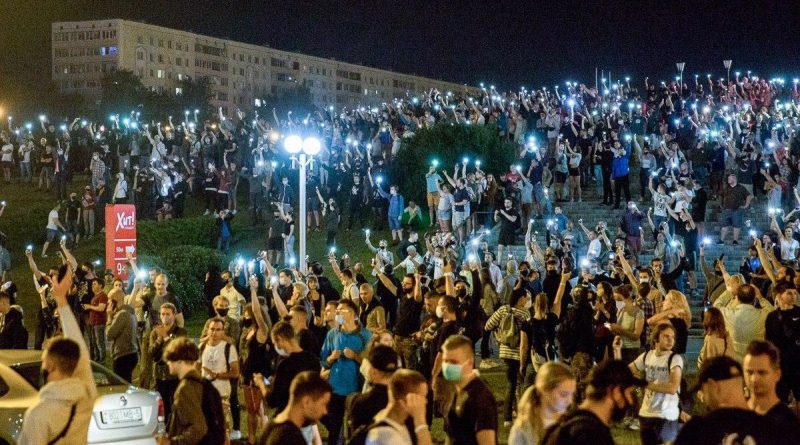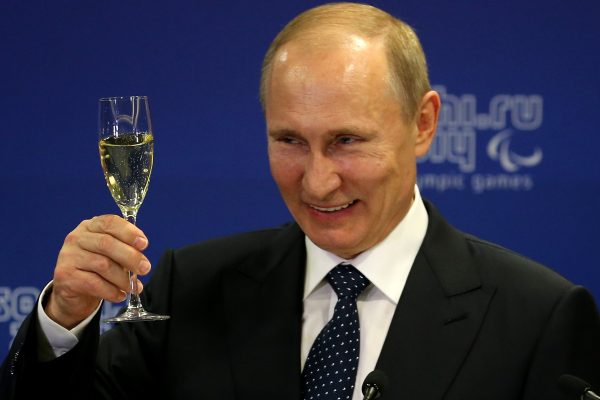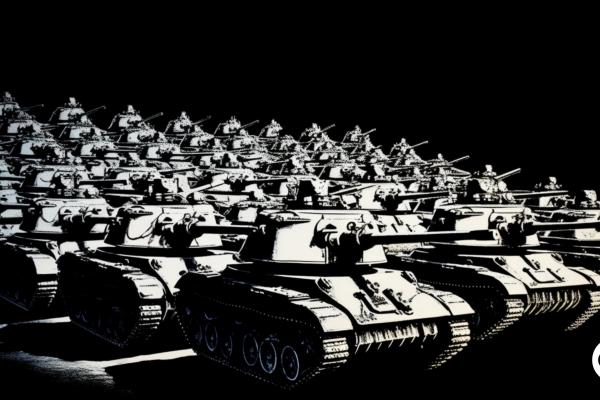How to release political prisoners is one of the most complex debates of our time. On the one hand, diasporas have little or no power to influence the fate of prisoners, except for support during their time in prison. On the other hand, some have hopes of releasing hundreds or thousands of people through diplomatic channels. How realistic this is can be seen from the example of yesterday’s prisoner exchange between the West and Russia. First of all, we would like to point out that we are happy about the release of political prisoners from prisons in Belarus and Russia. But unfortunately, this small drop of joy for the media and some individuals can hardly affect the systematic nightmare of repression in modern eastern dictatorships.
Murderers and scammers in exchange for journalists and civil activists
Nothing says more about the nature of the Russian regime than the list of those whom Putin hugged this night at the airport. Everyone has already written about Vadim Krasikov – a Kremlin assassin working in the German capital. It’s hard to imagine how many of them are still sitting around waiting for orders, but Krasikov is just the tip of the iceberg that the German cops were able to reach. Besides him, there are several FSB agents and a few hackers on the exchange list. The latter have hardly worked on FSB assignments in the past, but today, given the de facto legalisation of cyber fraud in Russia against “enemies of the nation”, it is clear that Putin is counting on the hackers’ skills in the war in Ukraine and the ongoing attempts to sabotage critical infrastructure in the West.
In addition to journalists and politicians, the list of prisoners to be exchanged includes Rico Krieger, captured by the Belarusian regime. A man whose existence almost nobody knew about until a few weeks ago. The game with the death sentence, pardon and the whole theatre built around the fate of this man by the Belarusian regime was created according to all the rules of price inflation during the exchange. Lukashenko’s readiness to kill prisoners for absurd charges, at least in the media environment, left little chance for the German negotiators – after all the threats, he had to be included in the list for the exchange. With this approach Lukashenko once again showed the cruelty and cunning of his regime. Those who consider the Belarusian dictator a collective farmer in a leather jacket are deeply mistaken in his ability to work in the atmosphere of political crisis. Lukashenko’s usefulness to the Kremlin continues to outweigh any attempts of the dictator to play his own political game. In this part we would like to mention Krieger’s condition by the time of the bargaining – on the video published by the Russian regime one can quite easily see Krieger’s condition at the time of his release – by his example we can see the situation of thousands of those whom Lukashenko’s regime continues to hold hostage in Belarus’ pre-trial detention centres, camps and prisons.
The absence of prisoners from Belarus with the exception of a German citizen cannot but refresh the perception of reality for the Belarusan diaspora – in the war with the Russian regime, the interests of Belarusians take a back seat. The capture of Putin’s or Lukashenko’s agents somewhere in Western countries is unlikely to seriously affect the state of political prisoners, while individual releases show an example into the future for authoritarian regimes – foreigners today are a valuable commodity on the prisoner exchange market. Western politicians are in no hurry to exchange FSB officers for ordinary citizens of the Russian Federation or Belarus. The situation changes quickly when Germans, Americans or citizens of other Western countries are captured. In the cold war between the West and Russia, Belarusians are assigned the role of second-rate political subjects. If we really want to release political prisoners, we should count first of all on our own forces, and if help comes, we should consider it a pleasant surprise.




